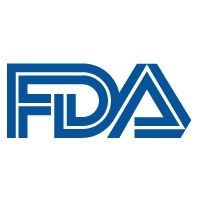Article
FDA Approves Asthma Add-On Treatment
Author(s):
Asthma treatment approved as "add-on" for patients with severe asthma.

The US Food and Drug Administration (FDA) approved mepolizumab (Nucala/GlaxoSmithKline) as a treatment to be used with other drugs for patients with severe asthma attacks. The drug is administered once every four weeks by subcutaneous injection, but it is not self-administered. The drug is recommended for adults and children who are at least 12 years old.
In trials, patients who received the injection had fewer attacks requiring emergency room visits, hospitalization, or both. These patients also were able to have longer periods with no asthma attacks.
Among the reported side effects was a tendency to get herpes zoster infections.
Mepolizumab works by reducing the levels of blood eosinophil levels and is the first interleukin-5 antagonist therapy the FDA has approved.
An FDA advisory committee in June had recommended the drug not be used in adolescents, due to a lack of evidence of safety and efficacy, but the company submitted more clinical trial data that reassured the agency. The trials also showed that patients who got the drug could take lower doses of oral corticosteroids.
The most common adverse events were headache, injection site reactions, back pain, and fatigue. Hypersensitivity reactions—including swelling of the face, mouth, or tongue, fainting, dizziness, lightheadedness, hives, breathing problems, and rash—were sometimes observed and occurred within hours or days of treatment with the drug.
The FDA is currently considering whether to expand the drug’s indication to include the treatment of adults with severe chronic obstructive pulmonary disease.




